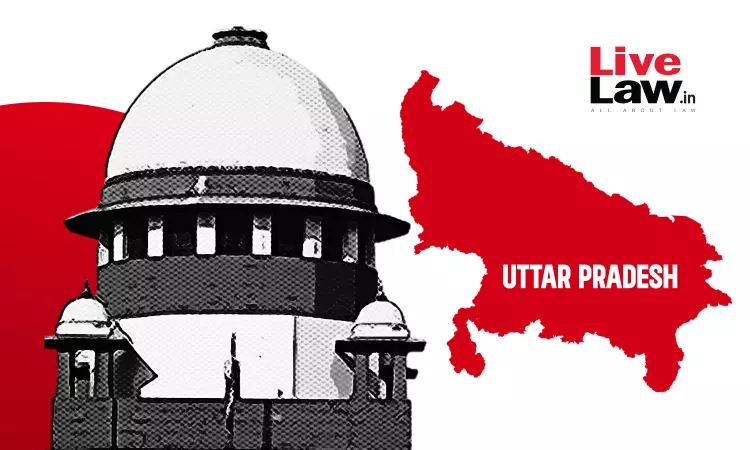Parts Of UP Anti-Conversion Law Seem To Be Violating Article 25 Of Constitution: Supreme Court
Mehal Jain
16 May 2024 7:31 PM IST

Next Story
16 May 2024 7:31 PM IST
The Supreme Court on Thursday orally commented that the Uttar Pradesh anti-conversion law [UP Prohibition of Unlawful Conversion of Religion Act, 2021] in some parts may seem to be violative of the fundamental right to religion guaranteed under Article 25 of the ConstitutionThe bench of Justices J. B. Pardiwala and Manoj Misra was hearing petitions by Vice Chancellor of Sam...
